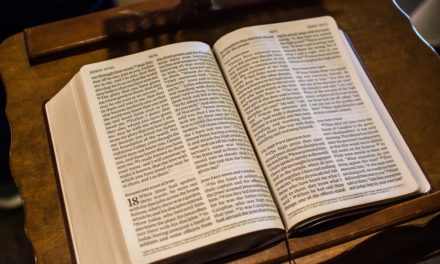Matthew 26:30–35: Denying Jesus
Introduction
The closer Jesus gets to the cross, the more weight settles upon his shoulders. After informing his disciples that one of them would betray him, he now tells his disciples that all of them will fall away from him. What Jesus will endure, he will endure alone, with all of his closest friends abandoning him with varying degrees of betrayal. Though the disciples (and especially Peter) cannot imagine themselves capable of such failure, Jesus knows the truth and warns them about it. Nevertheless, this passage also holds out an important gospel truth for weak sinners who will fail Jesus time and time again: the Good Shepherd died for sheep who are helpless to help him.
Discussion Questions
1. What “hymn” (i.e., psalm) might Jesus have sung at the conclusion of the Passover meal (v. 30)? What hope does Psalm 118 particularly hold out regarding Jesus’ future vindication from the judgment that he would face? How does Jesus’ warning to “all” his disciples connect with the betrayal that “one” of the disciples would commit (v. 31; cf. Matt. 26:21)? How does the total failure of Jesus’ friends inform us about the extent of his suffering?
2. What significance should we draw from Jesus’ simple statement that he would meet his disciples afterward in Galilee (v. 32)? What does this tell us about his confidence in his own vindication and resurrection? What does this tell us about his mercy toward sinners? What does this tell us about his grace in meeting his disciples to give them a great commission that would shape the rest of their lives, and all of human history (Matt. 28:16–20)?
3. What should we admire about Peter’s zeal in v. 33? What should we recognize as stemming from foolish overconfidence and sinful pride? How does Peter’s example model both positives and negatives for our own zeal for the Lord? Do you think that you would have joined the other disciples in affirming their unwavering commitment to Jesus (v. 35)? Do you think that you would have joined the other disciples in fleeing from Jesus in the garden (Matt. 26:56)?
4. What does Jesus’ response to Peter tell us about the extent of our own weakness and sin (v. 34)? How is weakness inherent in the human condition as frail creatures of dust? How does sin indwell us as a result of the original corruption that is inherited by all those descended from Adam? How does your weakness relate to your sin? What does this brash oath of the disciples teach us about how to protect ourselves from sinful failures?




